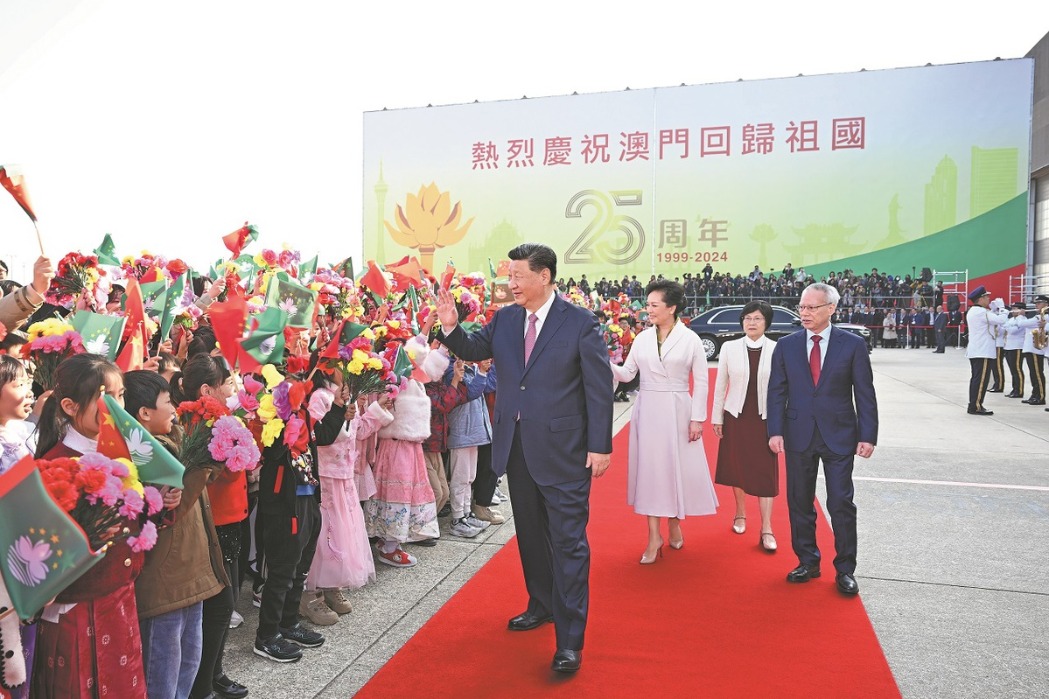China aims to further clean up medical sector

China plans to launch a campaign to crack down on medical insurance fraud this year, focusing on malpractices including making false claims for medical services and products, as well as illegitimate resale of insurance-covered medications, according to a policy document released on Tuesday.
The document was jointly released by the National Healthcare Security Administration, Supreme People's Court, Supreme People's Procuratorate, Ministry of Public Security, Ministry of Finance and National Health Commission.
In recent years, authorities have highlighted the importance of rolling out regular supervision over the nation's medical insurance fund to safeguard its security. In 2023, the administration processed nearly 32,700 people involved in illegal activities and collaborated with public security authorities to resolve about 2,200 criminal cases, seized 6,220 suspects and recovered 1.14 billion yuan ($157 million) of misappropriated insurance funds.
This year, the administration said that the Supreme People's Court will be involved in the campaign so as to join forces with multiple government departments.
This year's campaign also strives to stamp down on misconduct that buries false medical visits in real medical demands, scams involving fake drug prescriptions or using medical insurance plans to purchase health supplements, as well as the long-standing issue of profiteering through reselling insurance-covered medications, the administration said.
The administration added that it will continue to deploy big data to screen and analyze clues. Last year, around 300 million yuan was retrieved through a big data model dedicated to examining clues concerning falsified hospitalization records.
- Death anniversary of Canadian surgeon Norman Bethune commemorated in China
- 1,200 punished for misusing school meal program funds
- China's strong opposition against US arm sales to Taiwan
- Yellow River Basin sees improved ecological environment
- GBA turns into dynamic growth engine for new quality productive forces
- Reproductive health education, fertility services vital to addressing declining birthrates




































